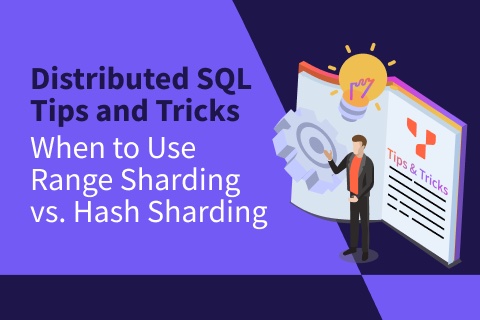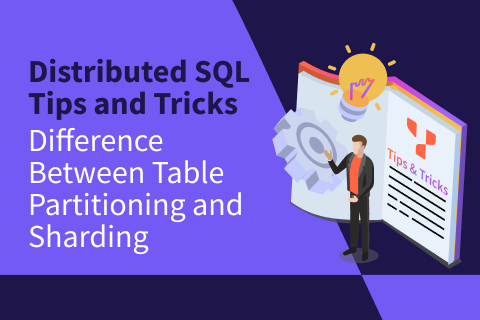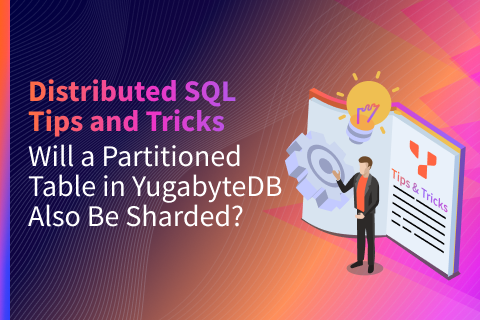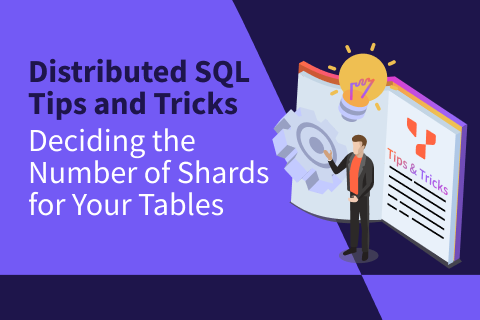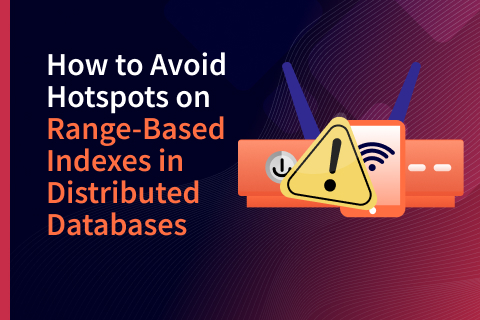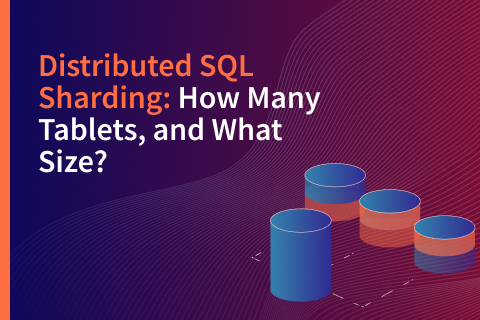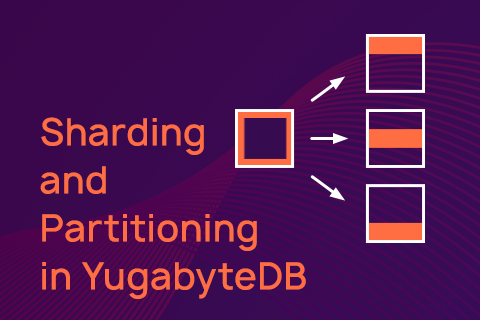Advanced PostgreSQL Partitioning by Date with YugabyteDB Auto Sharding
YugabyteDB’s automatic sharding overcomes PostgreSQL’s partition key limitations by allowing date range queries without modifying table partitioning. Thanks to its global secondary indexes, which don’t require a shared sharding key, YugabyteDB enhances performance by distributing rows across multiple servers. Discover the full advantages and see step-by-step instructions in our latest blog post.



